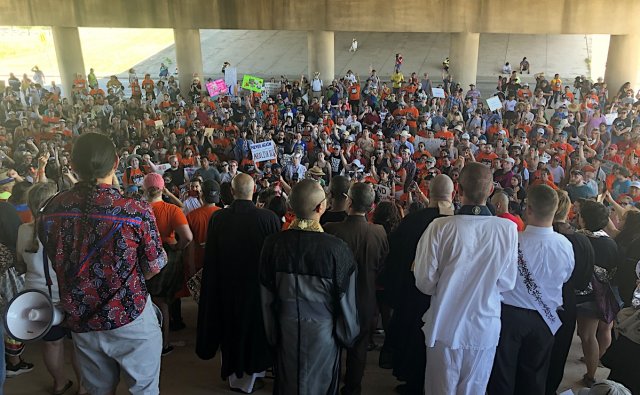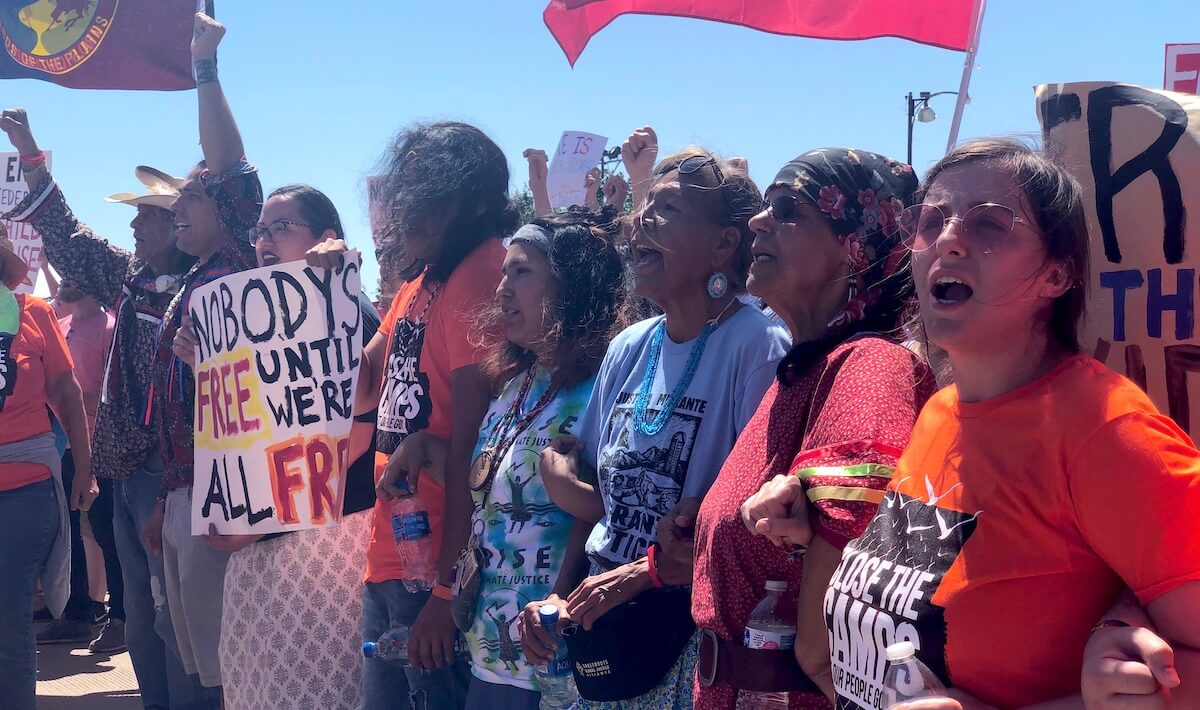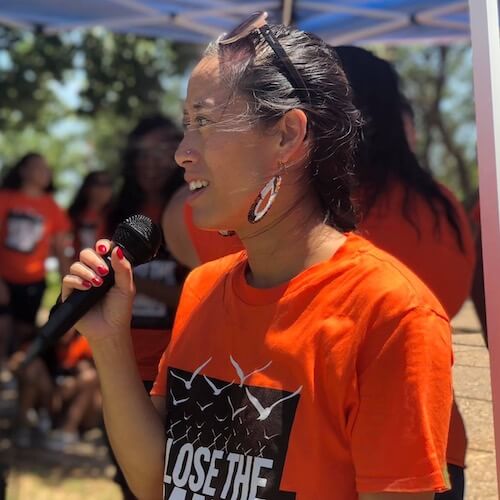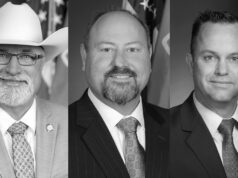
Around the turn of the 20th century, Oklahoma communities dared to envision enclaves radical in our conception — an all black state, an indigenous state, a socialist state, a state inclusive of queer communities. Instead, Oklahoma serves as an epitome of settler colonialism after manufactured excuses immorally and illegally dispossessed tribal communities of their lands.
That contrast between hopeful-yet-unfulfilled visions and how history unfolded provides a framework for the “immigration debate” in Oklahoma. Why? Because the immigration issue is not really about immigration. The immigration debate is a referendum on basic human morality. Everyone should pay attention to the discussions surrounding immigration, criminal justice reform and the Oklahoma County Jail because this intersection shows how disenfranchisement of people of color has become normalized. We must pursue civic engagement that goes beyond voter advocacy in order to assert systemic change.
Ongoing collaboration between local law enforcement and Immigration and Customs Enforcement (ICE) is genuinely exposing the moral character, acumen and overarching intentions of locally elected officials. Responses to this collaboration being public are full of divisive rhetoric and support for ICE, revealing how removed local leaders are from the communities who they, by definition, must represent.
When local law enforcement and city leaders defer authority to federal immigration enforcement, due process, accountability, and transparency are denied to constituents with whom local power should be vested. When those same leaders and law enforcement agencies then defend — for example — ICE operating in our jail by citing racist state legislation authored by a felon politician, what message are they sending the people they are sworn to serve?
History instructs us to act

Local law enforcement and city leaders are complacent about a framework that perpetuates the oppressive structures of the past and which laid the foundation for statehood based on extraction, exploitation and exclusion. It should behoove them to give great pause to political “solutions” that produce the same egregious harm. Family separation is not a legacy, it is a current practice embodied by slavery, mass incarceration, Indian boarding schools and immigrant detention and deportation.
We are fortunate, however, that those historical references instruct us — if we listen — to identify and intervene when we see, hear and experience the cycle of dehumanization, criminalization, symbolization and normalization. Doing our due diligence to follow and hold those accountable for their seemingly minor choices is not just a right, it’s a duty. The Oklahoma County Jail Trust demonstrates this premise. This jail detains, in subhuman conditions, more inmates, including juveniles, than any other county jail in Oklahoma — the prison capital of the world. Yet, so far, the jail trust has become a lightning rod revealing that well-networked locally elected officials are maintaining the legacy of exclusionary policies by deciding what serves the public good and all communities.
It is vital that directly impacted communities lead. However, history shows that efforts to delegitimize our voices, especially youth in Oklahoma, often succeed. That is why I believe everyone has a moral imperative to pay attention to this current political moment in Oklahoma. The immigration debate is intersecting with criminalization and mass incarceration in a way that should bring greater attention to these topics and concern every single one of us.
Being vocal about these issues may ostracize us from our own communities, but we understand that ostracization is common in social justice movements. We only move forward knowing that, as Alice Walker said, “The most common way people give up their power is believing they have none.” People power can translate to political power, and it is a matter of time before we realize a realignment to a more representative environment at local and state levels of government.
That is why we must reflect on immigration: because this is not really about immigration. We have learned that atrocities occur when a group of privileged people determine the value and worth of human beings in our society. It is our responsibility as humans to reflect and act to create a turning point for Oklahoma City, the state and our country. We are the only ones who can, who should and who will move toward decency, joy and love. To all of you who feel you don’t belong here — you do. This is your state.






















